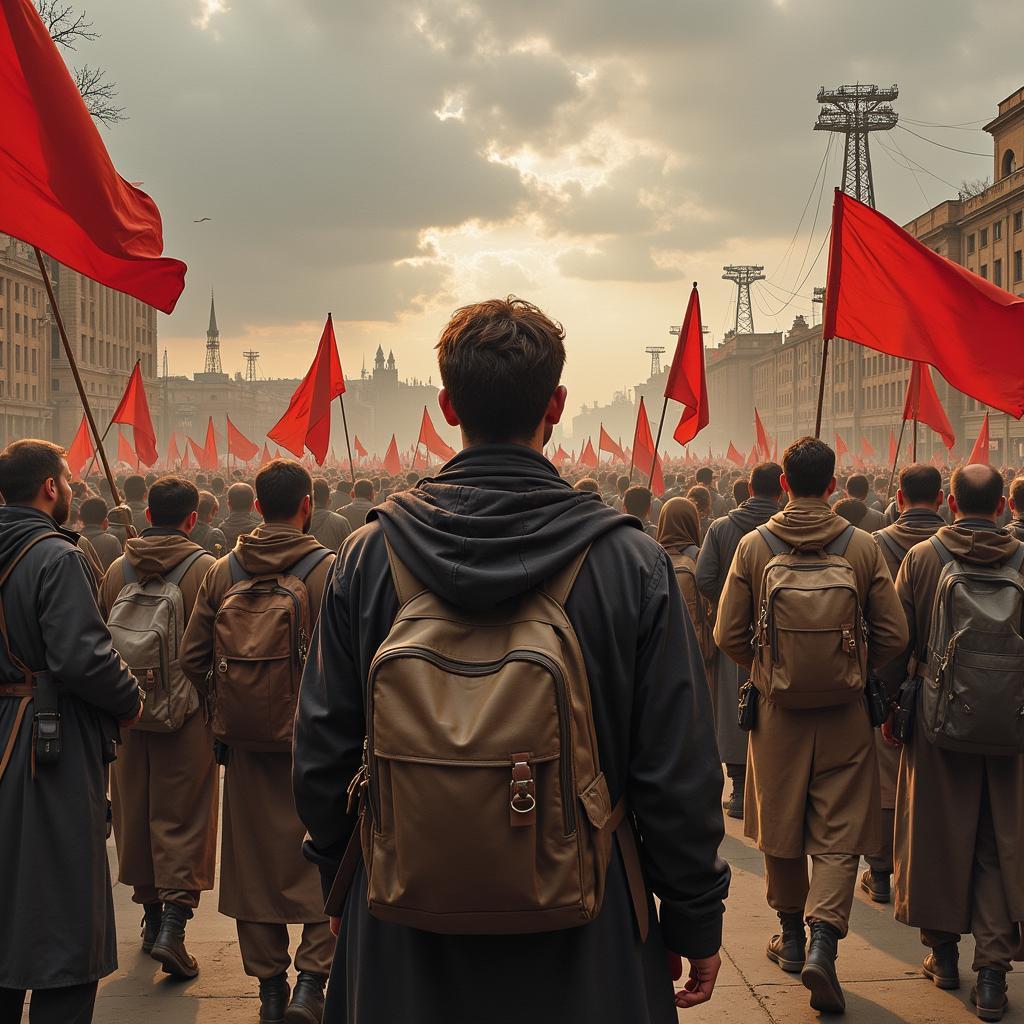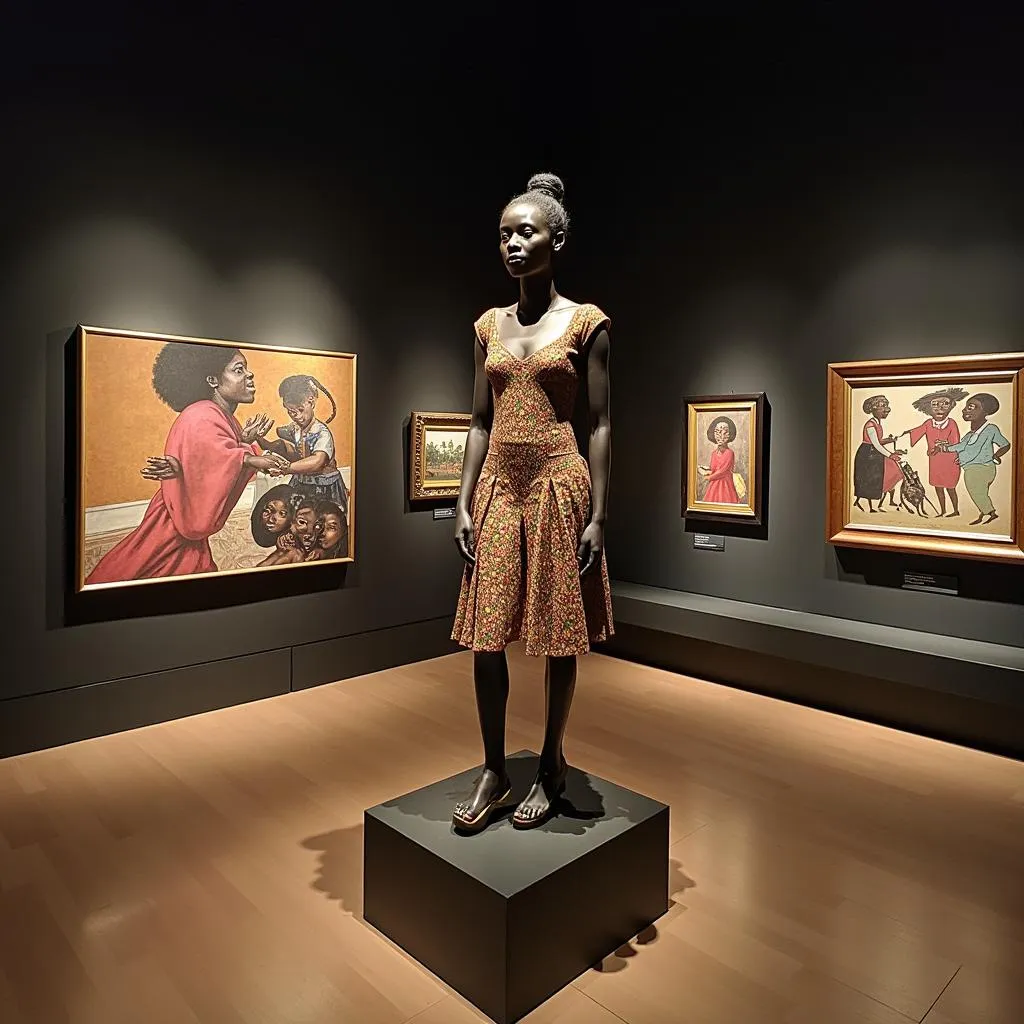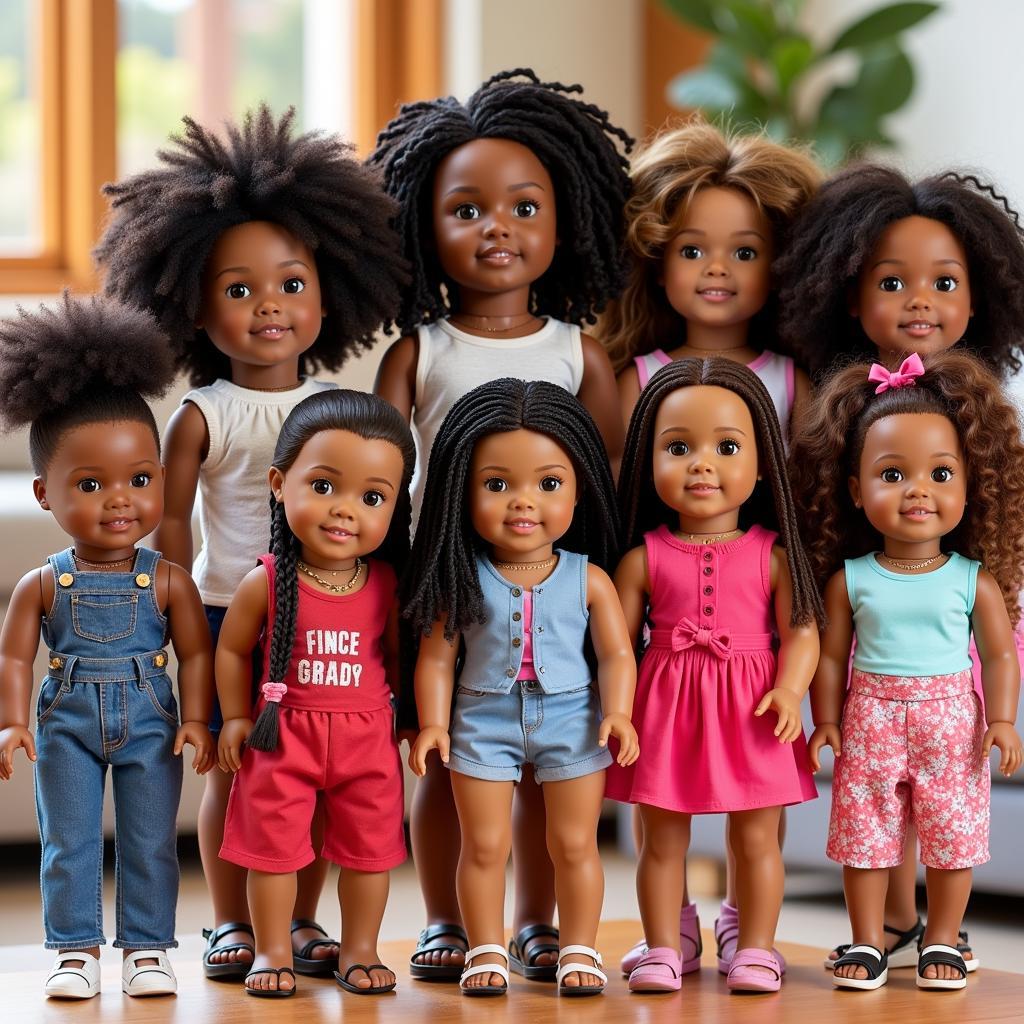African Dictators Still in Power: A Stark Look at Authoritarianism’s Grip
Africa, a continent brimming with diverse cultures, breathtaking landscapes, and a rich tapestry of history, unfortunately also bears the weight of a troubled past. A significant part of this past is etched with the stories of dictatorships that have, at times, cast long shadows over the continent’s progress. While the winds of change have swept across many African nations, ushering in democratic reforms, some countries remain under the firm control of authoritarian leaders. This article delves into the complex reality of African Dictators Still In Power, examining the historical context, the factors that contribute to their enduring rule, and the impact on their people and the continent as a whole.
A Legacy of Colonialism and the Rise of Strongmen
To understand the phenomenon of African dictators, one must look back at the legacy of colonialism. European powers, driven by imperial ambitions, carved up the continent, disregarding existing ethnic and cultural boundaries. This arbitrary division sowed the seeds of future conflicts and instability. When African nations finally gained independence in the mid-20th century, they inherited fragile states with weak institutions and deep societal divisions. This volatile environment often proved fertile ground for ambitious individuals to seize power, promising stability and order, but often delivering repression and tyranny.
The Cold War further exacerbated the situation. Superpowers on both sides of the Iron Curtain, eager to extend their spheres of influence, often propped up dictators who aligned with their ideologies, providing them with military aid and financial support. This external backing further entrenched these authoritarian regimes, making them less accountable to their own people and more resistant to democratic change.
Factors Perpetuating Authoritarian Rule
The continued grip on power by some African dictators can be attributed to a complex interplay of factors:
1. Weak Institutions and Lack of Accountability
Many African nations suffer from weak institutions characterized by corruption, a lack of transparency, and limited checks and balances on executive power. This creates an environment where dictators can operate with impunity, consolidating their control over state apparatus and suppressing dissent.
2. Economic Inequality and Patronage Networks
Rampant economic inequality and poverty create a fertile ground for patronage and clientelism. Dictators often exploit these conditions, using state resources to build vast patronage networks that reward loyalty and silence opposition. This creates a system where access to opportunities and resources is contingent on political allegiance, perpetuating the dictator’s grip on power.
3. Suppression of Dissent and Human Rights Violations
African dictators often resort to brutal tactics to silence dissent and maintain their hold on power. Opposition leaders are jailed, tortured, or forced into exile. Freedom of speech and assembly are curtailed, and independent media outlets are intimidated or shut down. This climate of fear and repression creates a chilling effect on any potential challenge to the regime.
 A powerful photograph capturing a protest scene in an African country, with protesters facing armed security forces.
A powerful photograph capturing a protest scene in an African country, with protesters facing armed security forces.
4. External Support and Lack of International Pressure
Some African dictators continue to receive support from foreign governments and corporations, motivated by strategic interests or economic gains. This external support provides a lifeline to these regimes, shielding them from international condemnation and accountability for their human rights abuses.
The Human Cost of Dictatorship
The consequences of enduring dictatorships in Africa are profound and far-reaching:
- Human Rights Abuses: Dictatorships are notorious for their egregious human rights violations. Extrajudicial killings, torture, enforced disappearances, and arbitrary detention become tools of state control, creating a climate of fear and impunity.
- Economic Stagnation: Corruption, cronyism, and lack of accountability under authoritarian regimes stifle economic growth and perpetuate poverty. Resources are siphoned off to enrich the ruling elite, while the majority of the population struggles to make ends meet.
- Social and Political Instability: The suppression of dissent and lack of democratic channels for expressing grievances often lead to social unrest and political instability. This can escalate into violent conflicts, further destabilizing the country and the region.
A Glimmer of Hope: The Winds of Change
Despite the challenges, there have been notable instances of democratic progress in Africa. Citizen movements, often led by young people utilizing the power of social media, have emerged to demand greater accountability, transparency, and respect for human rights. These movements, while facing significant risks and challenges, offer a glimmer of hope for a future where dictatorship becomes a relic of the past.
FAQs About African Dictators
1. Who are some of the longest-ruling African dictators still in power?
Some of the longest-serving African dictators include Teodoro Obiang Nguema Mbasogo of Equatorial Guinea, Paul Biya of Cameroon, and Yoweri Museveni of Uganda. Their extended reigns have been marked by allegations of corruption, human rights abuses, and suppression of dissent.
2. What role has the international community played in addressing the issue of African dictators?
The international community has taken a mixed approach to addressing the issue of African dictators. While there have been instances of sanctions and condemnation, some countries have prioritized strategic interests or economic ties over human rights concerns, undermining efforts to hold dictators accountable.3. What are the prospects for democratic change in countries ruled by dictators?
The prospects for democratic change vary depending on the specific context of each country. Factors such as the strength of civil society, the level of economic development, and the role of the military are crucial in determining the likelihood of a successful transition to democracy. Exploring Further: A Deeper Dive into Africa’s Political Landscape
For a more in-depth understanding of the complexities of African politics, you can explore these related articles:
-
African dictators 2018: This article provides a snapshot of the state of dictatorships in Africa in 2018, highlighting key figures and trends.
-
African dictators of the 20th century: This piece delves into the historical context, examining the rise and fall of prominent African dictators in the 20th century.
Seeking More Insights? We’re Here to Help
Have more questions about African dictators still in power or other aspects of African Life and culture? Don’t hesitate to reach out! Our team at “African Life” is dedicated to providing you with insightful and engaging content.
Contact us:
- Phone: +255768904061
- Email: kaka.mag@gmail.com
- Address: Mbarali DC Mawindi, Kangaga, Tanzania
We’re available 24/7 to assist you.



